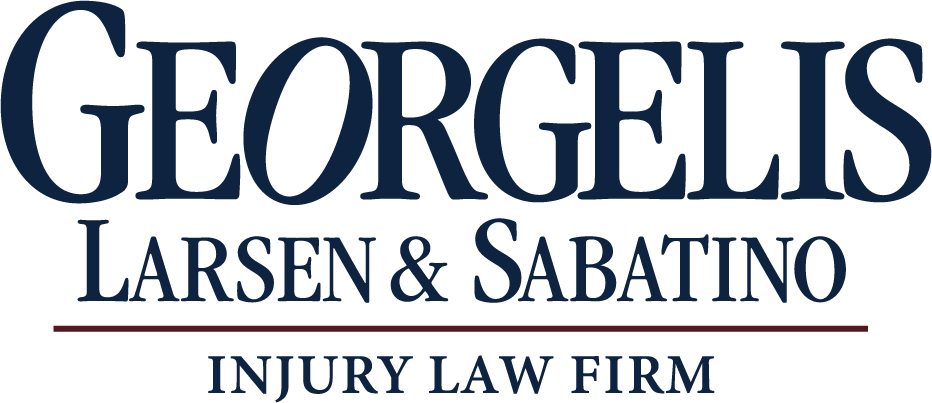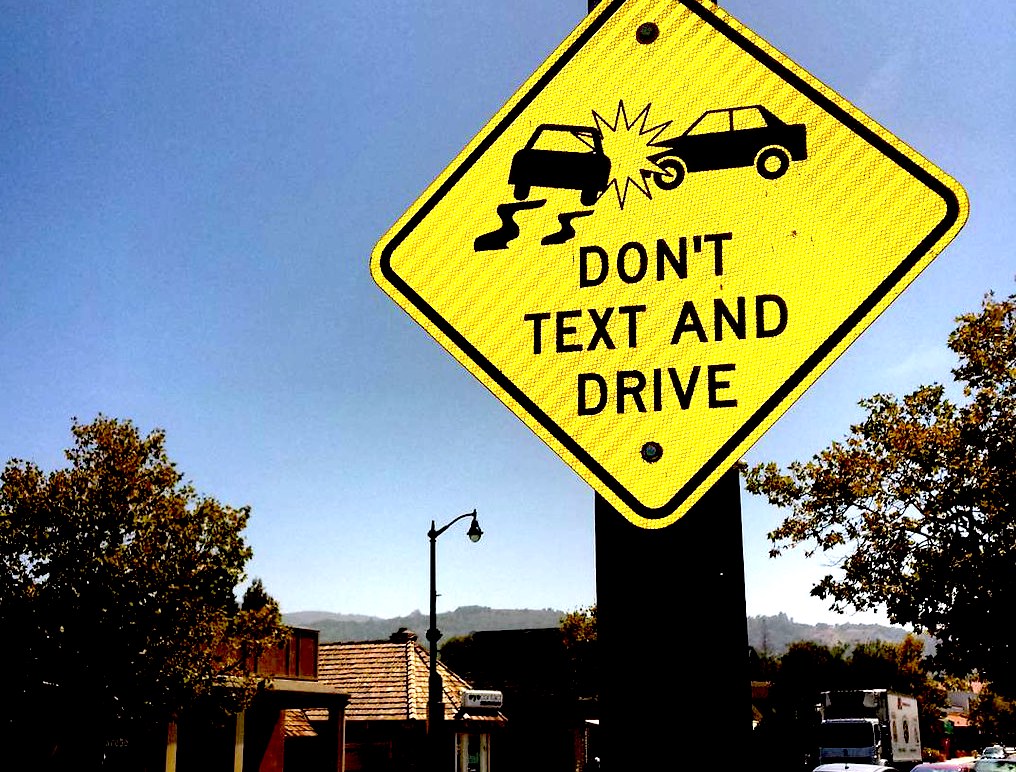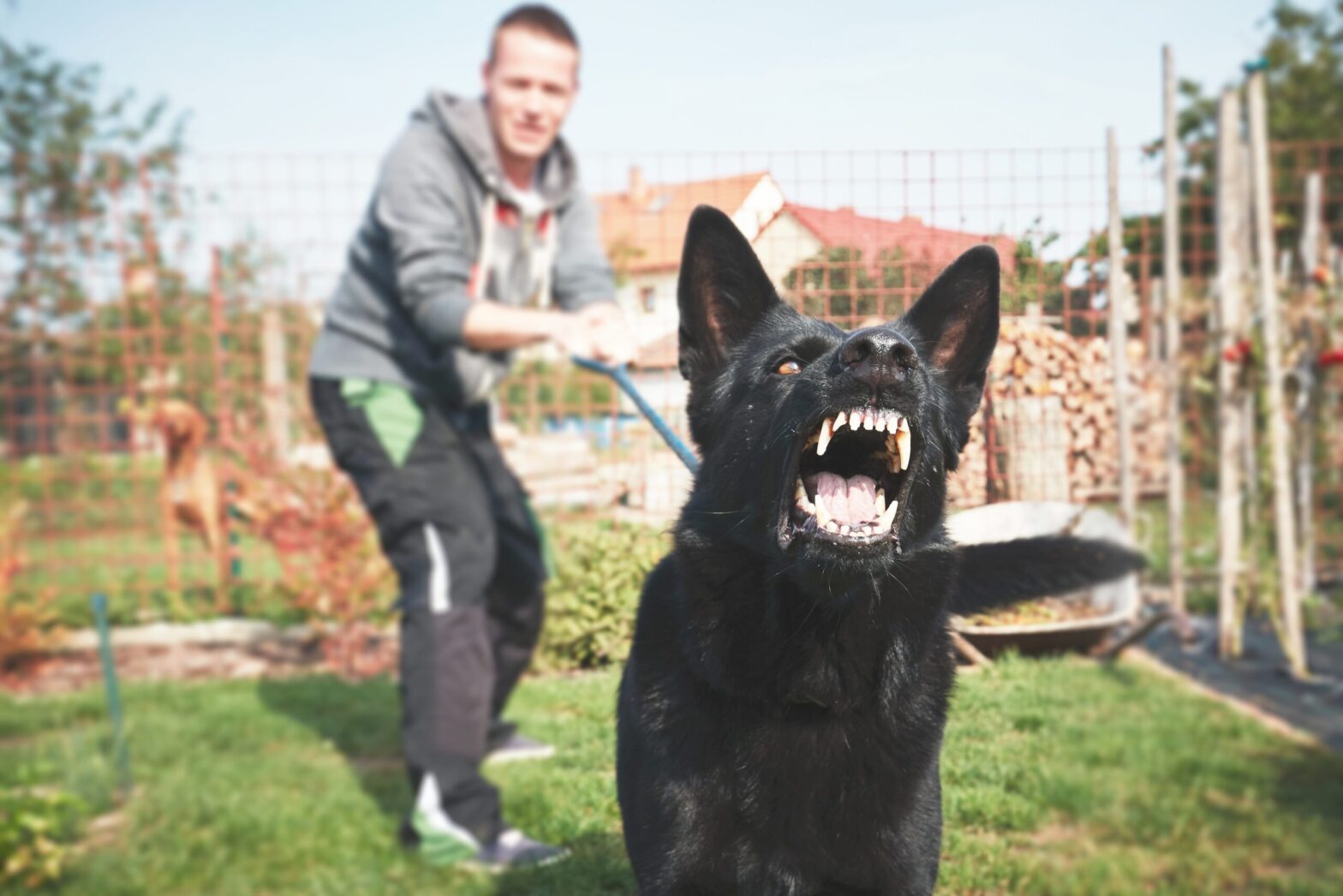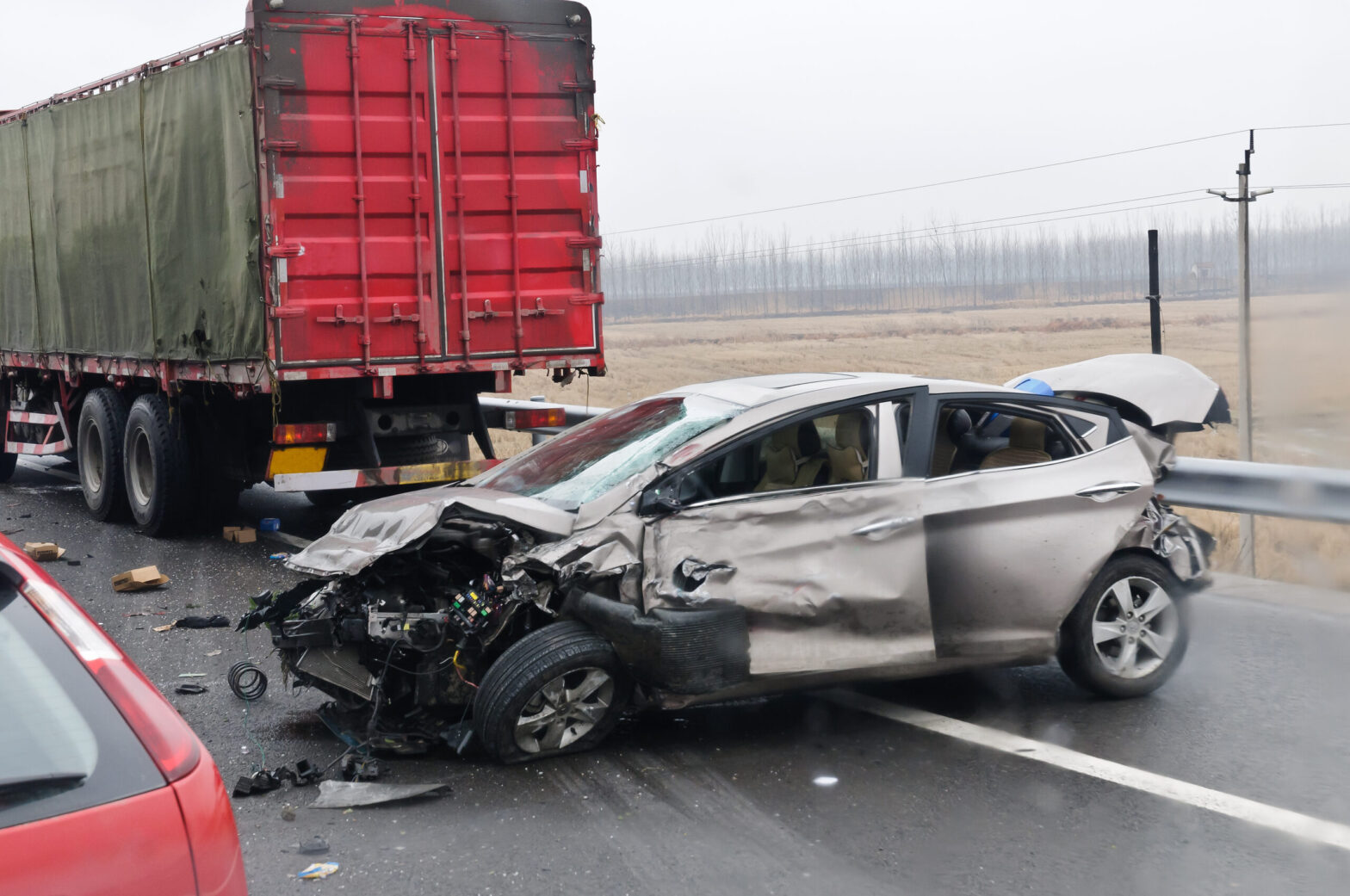Uneven slabs of concrete and cracks or gouges in pavement can easily cause trips, falls, and other injuries to pedestrians. These types of injuries often lead to personal injury or premise liability suits against property owners who failed to maintain a reasonably safe walkway. But what constitutes a sidewalk defect, and how can you make a claim based on one stick in court?
What have Pennsylvania Courts said?
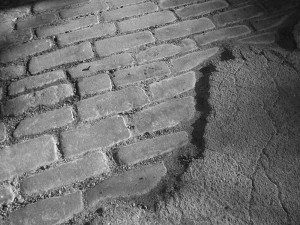 Although Pennsylvania Courts have never officially ruled on what constitutes a sidewalk defect, the recent case of Reinoso v. Heritage Warminster SPE LLC has helped to shed light on some of the factors that go into deciding whether a property owner can be held liable for defects in walkways they are responsible for maintaining.
Although Pennsylvania Courts have never officially ruled on what constitutes a sidewalk defect, the recent case of Reinoso v. Heritage Warminster SPE LLC has helped to shed light on some of the factors that go into deciding whether a property owner can be held liable for defects in walkways they are responsible for maintaining.
In January of 2015, the Superior Court of Pennsylvania reviewed the appeal of trial court case Reinoso v. Heritage Warminster SPE LLC, in which the trial court decided the property owner (Heritage) could not be held liable for injuries sustained by Reinoso for the following reasons:
While the owner of a property must “exercise reasonable care not to endanger the safety of others,” they are “not liable for injuries just because someone using the sidewalk trips, falls, and sustains an injury.”
The owner is only liable if there is a clear failure of “duty to maintain its premises in a reasonable safe condition,” and if they have “created or permitted to persist, a condition that raises an unreasonable unsafe condition.”
The height differential that led to the plaintiff’s injury was not considered unreasonably unsafe, therefore Heritage could not be found guilty of negligence.
As you can tell from the court’s opinion, and their use of phrases like “reasonable care” and “unreasonable unsafe condition”, there is a lot of subjectivity that goes into deciding the outcomes of these cases. After reviewing the court’s decision on appeal, the Superior Court of Pennsylvania ruled that, though the original trial court’s reasoning was correct, they did not take other important factors presented during the case that supported Reinoso’s claim into account, such as:
Conclusions made by Reinoso’s engineering expert, that the defect in question was “seriously in excess of the 1/4 inch standard for a tripping danger and constituted a walkway safety hazard”, and “the subject condition violated applicable codes and standards.”
A tenant within the shopping center had brought the potential tripping hazard to the attention of the management company long before the incident in question took place.
These additional factors, according to the Superior Court, were dismissed in error by the trial court, and the issue of liability was present for a jury to properly determine a ruling. The case was remanded back to the original trial court for further proceedings.
Takeaway
As Reinoso v. Heritage Warminster SPE LLC makes clear, there are no set rules for what constitutes a sidewalk defect. For those injured, it may not be hard to prove that your injuries are due to the defect of a sidewalk or walkway, but it may be difficult to prove negligence on the part of the landowner. The more severe the defect, the easier it will be to hold the landowner responsible. The landowner can also be held accountable if they were previously made aware of a defect, but chose not to fix it.
For the property owner, it is best to inspect sidewalks frequently throughout the year, particularly after a harsh winter where freezing and thawing cause cracks and rises in walkways. The condition does not have to be perfect, but you must take reasonable precautions to make walkways you are responsible for maintaining safe for all pedestrians.
If you have been injured because of a defect in a sidewalk or walkway and you’re unsure if you can sue for negligence, contact Georgelis, Larsen & Sabatino Injury Law Firm, P.C. for expert legal advice. Our experienced attorneys have successfully handled premises liability cases for years and are available to meet with you on nights and weekends, and we will even make home, hospital and rehabilitation center visits if you are unable to travel.
